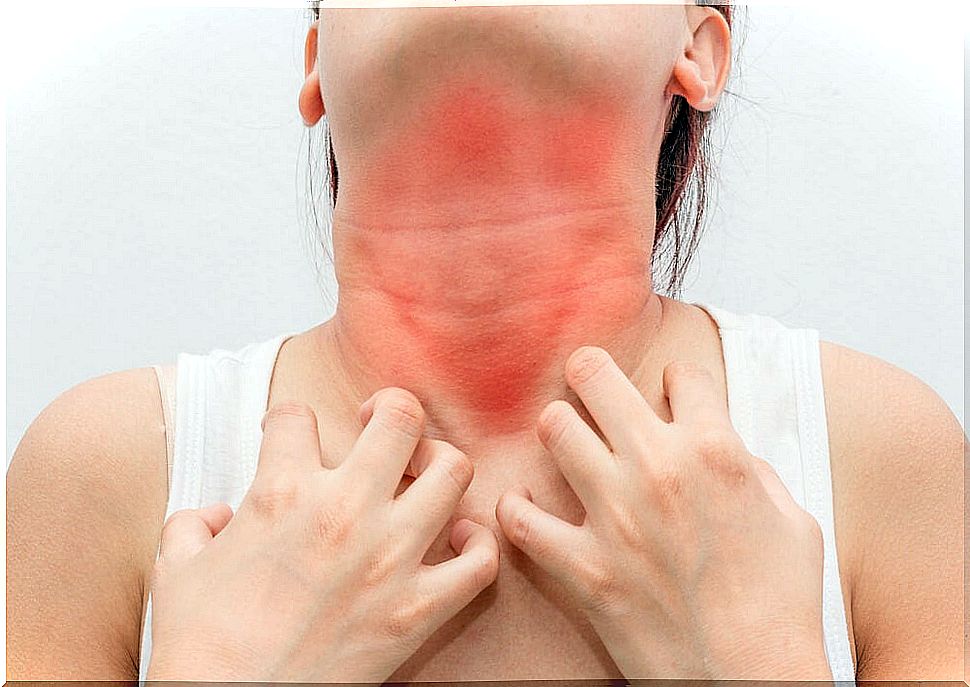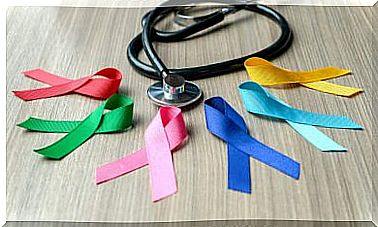Food Allergies And How To Reduce Them
What are food allergies? It happens when the patient presents alterations when ingesting or inhaling the proteins of some foods.
An allergy is any abnormal reaction of the body when it is presented with a certain substance, that is, an allergen.
For the rest of the people it does not represent any risk but, in the case of allergy sufferers, the immune system activates its defense mechanisms, causing allergy symptoms.
How does the allergy appear?

The body’s defenses are different depending on the situation: antibodies, cells or a combination of both can be activated.
- When there is a food allergy due to antibodies, the reactions are instantaneous, causing serious symptoms such as anaphylaxis that can be life-threatening.
- Non-antibody mediated food allergy causes disturbances up to two hours after eating the food. This may be the reason why a diagnosis is not made quickly.
Symptoms
- Eruptions
- Inflammation
- Itch
- Tearing
- Eye redness
- Abdominal pain
- Diarrhea or vomiting
- Blood in the stool
Likewise, serious symptoms such as:
- Asthma or trouble breathing
- Hypotension
- Chest pressure
- Accelerated palpitations
- Anaphylaxis
What Causes Allergy?
Although the causes remain ambiguous, there are certain nutritional and genetic factors that increase food allergies. It all starts with the food consumed during the first months of life.
Such is the case of babies with a lactation allergy, whose probability of suffering from other allergies is very high.
For this reason, it is very common for diseases such as asthma or allergic rhinitis to develop alongside a food allergy.
What are the most common allergens for food allergies?

It is clear that each patient is different, however, these are the most common foods:
- Egg
- Cow’s milk (recurrent in childhood)
- Fish (especially cod)
- Crustaceans (occurs equally in children and adults)
- Nuts
- Cereals
- Fruit
- Legumes (it is common for its high protein content)
- Vegetables and spices
How is it diagnosed?
To determine that a patient is allergic to certain foods, it is necessary to perform tests such as:
- RAST : The radioallergoadsorption test is a blood test that detects the presence of allergy-causing antibodies.
- Prick test : This test is performed on the surface of the skin. It consists of placing a certain amount of the possible allergen. If there is a side effect, the patient is obviously allergic.
Treatment

The main treatment for food allergies is avoiding the substances that cause the allergic reaction.
- First, you need to identify exactly which foods are causing your allergy.
- Later the specialist makes a diagnosis, prognosis and possible risks.
- The main thing is to eliminate food from the diet and find a way to replace it.
- It is important to learn to observe labels meticulously and be careful with ingredients when cooking, as there are products that have ingredients that can go unnoticed.
- In situations of severe food allergies, it is recommended to know the emergency treatments and the closest way to go to medical institutions.
- A good tip is to write down the daily food intake for a while, in order to analyze the different symptoms as the allergy evolves.
There are also some investigational treatments, such as omalizumab, which block the antibodies that cause the allergic reaction.
Precautionary measures
- Read all food labels before you eat them.
- Pay attention to medications and vaccines.
- The indicated thing is to breastfeed the baby until 6 months without giving any solid food ahead of time.
- It is recommended to introduce other dairy products after the baby is one year old.
- Ideally, the little one eats an egg from 2 years of age.
- The consumption of nuts is not recommended until after 3 years.
In conclusion, allergic reactions can appear at any time. It is important to know the guidelines for emergency action in these cases and to go to the nearest doctor. Once controlled, the substances that produce these reactions can be prevented and avoided.









